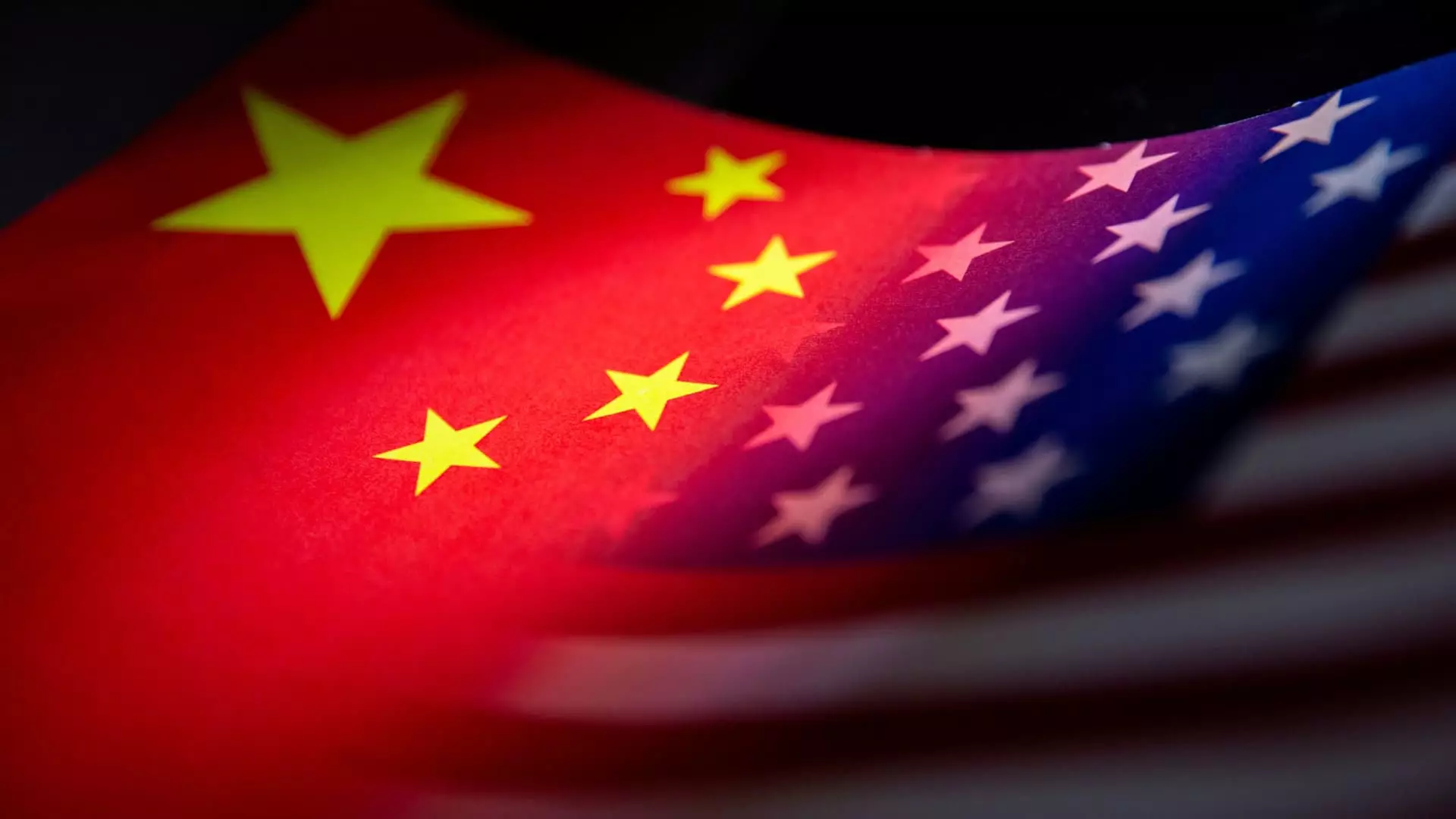China’s political and economic strategies, particularly under President Xi Jinping, have always stirred up a considerable amount of debate and analysis. Recently, Xi’s appeal to global executives to invest in China amidst the backdrop of increasing tensions with the United States raises critical questions about the motivations behind such a call. While Xi projects confidence, asserting that “to invest in China is to invest in tomorrow,” the reality is far more complicated. Here, I outline five reasons why this invitation should not be taken at face value.
The Illusion of Stability
One of the most striking claims made by Xi is that China presents a safe and stable investment environment. This assertion almost feels like a mantra recited to reassure foreign executives in attendance. However, the swift shifts in China’s regulatory landscape, particularly with increased state control over various sectors, contradict this narrative. The tech industry, for instance, has witnessed harsh crackdowns and restrictions that can turn investments into liabilities overnight. The stability promised often masks an environment rife with uncertainty, making it vital for investors to understand that risks in China may not be immediately apparent.
Global Order or National Priority?
Xi urged multinational corporations to “uphold global order,” suggesting a collective responsibility in ensuring smooth global commerce. This call for collaboration may seem altruistic, but it is steeped in self-interest. China aims to bend the global economic framework to accentuate its own narrative, which often sidelines international norms and regulations. Investors should be cautious of becoming unwitting actors in China’s grand strategy, particularly as Beijing navigates its position in a changing global landscape. This expectation for companies to align with China’s priorities raises profound ethical implications that could detach investors from their core values and responsibilities.
Negotiation vs. Coercion
During the roundtable, Xi alluded to the need for dialogue to settle trade tensions, a sentiment echoing the approach of diplomatic negotiation. However, the U.S. has already experienced the darker side of these negotiations, which can feel more like coercion than collaboration. The threat of tariffs and export restrictions has significantly affected not only U.S. businesses but also the global supply chain as a whole. By asserting that decoupling is not an option, Xi seems to advocate for dependency—an entangling of foreign firms that increases the risk of economic nationalization should relations sour.
A Show of Influence and Control
Xi’s meetings with high-profile executives like those from Bridgewater Associates and Blackstone are not merely informal discussions; they are strategic displays of influence. By fostering these high-stakes connections, the Communist Party aims to sell an image of openness while exerting control over the narratives surrounding investment in China. It is imperative for investors to discern that these carefully cultivated relationships often come with strings attached; alignment with party ideologies and goals can lead to severe ramifications for any company that fails to conform.
The Economic Dance with the U.S.
Lastly, the trade dynamics with the U.S. create an intricate web of economic interactions that complicate Xi’s narrative. While he seeks to invite businesses to invest, the global economic landscape is fraught with barriers. The ongoing trade war exacerbates this fraying relationship; U.S. tariffs and embargoes can stifle even the most vigorous investment planning. The notion that every move is a calculated maneuver means that foreign businesses must tread lightly if they choose to dance with such a complicated partner.
China’s invitation to global executives comes painted with alluring prospects of growth, yet practical apprehensions linger just beneath the surface. Investors must critically evaluate the numerous layers of Xi’s messages and the country’s political realities rather than succumb to the polished narratives presented in state-backed meetings. This invitation may well be a gilded cage, trapping them not just in investment commitments but also in a web of political intricacies that could redefine their operations indefinitely.

